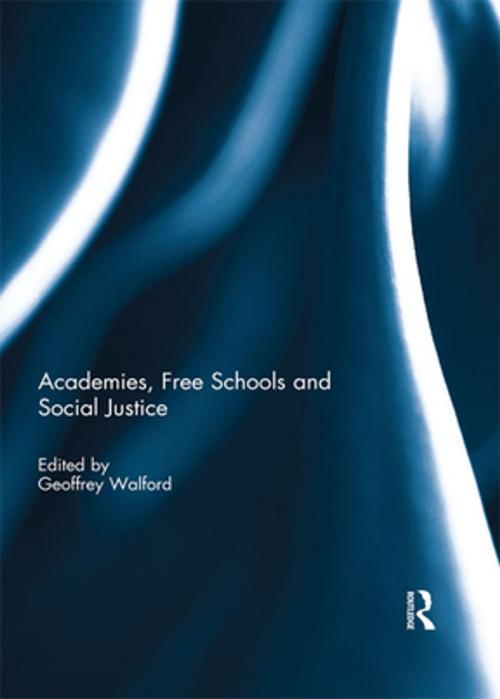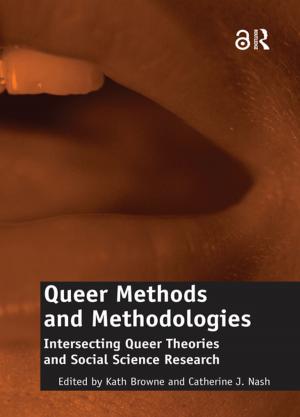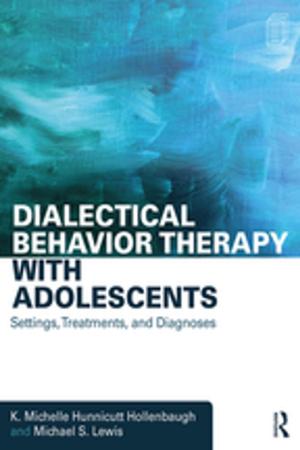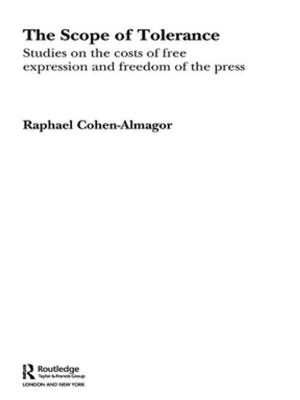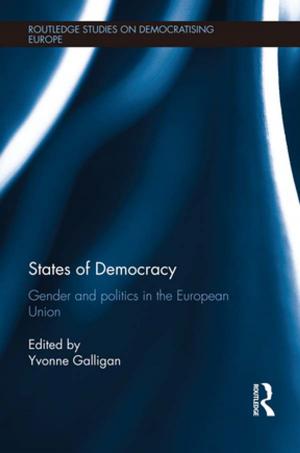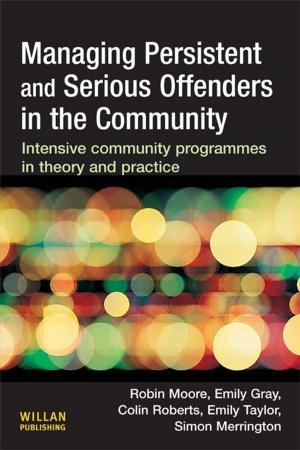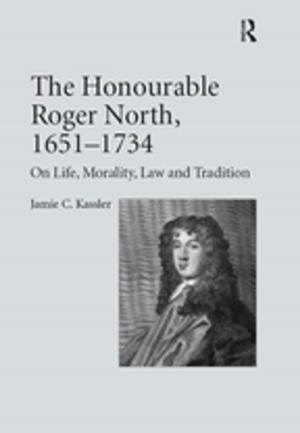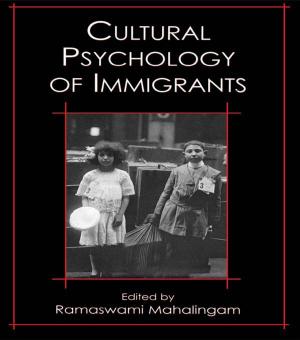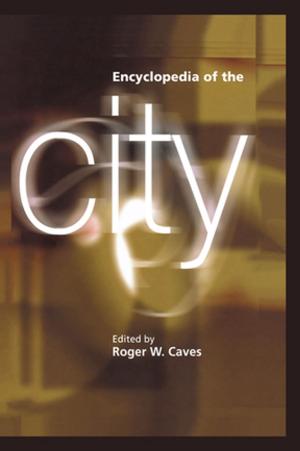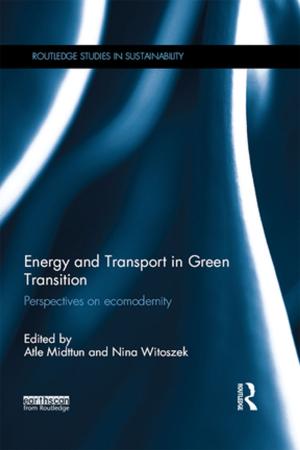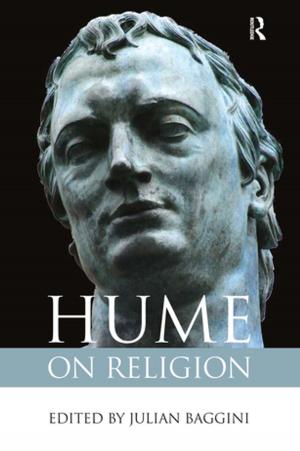| Author: | ISBN: | 9781317337065 | |
| Publisher: | Taylor and Francis | Publication: | October 2, 2017 |
| Imprint: | Routledge | Language: | English |
| Author: | |
| ISBN: | 9781317337065 |
| Publisher: | Taylor and Francis |
| Publication: | October 2, 2017 |
| Imprint: | Routledge |
| Language: | English |
Academies were introduced by Labour in 2000 and first opened their doors in 2002, but during Labour’s time in power the nature of the Academies changed. At first they were designed to replace existing failing schools but, by 2004, the expectation had widened to provide for entirely new schools where there was a demand for new places.
From 2010, under the coalition government, two new types of Academy were introduced. While the original Academies were based on the idea of closing poor schools and replacing them by dramatically redesigned and restructured ones, the 2010 Academies Act allowed existing highly successful state-maintained schools to apply to become Academies as well. Further, while Labour had restricted Academy status to secondary schools, the Coalition extended it to primary and special schools. The result is that there has been a dramatic increase in the number and diversity of Academies.
In addition to this, the 2010 Act introduced Free Schools, wherein groups of parents, teachers, or other sponsors can apply to start their own state-maintained, but officially ‘independent’, schools. These schools can either be completely new or the result of existing private schools applying to become state-maintained. The results of these changes remain under-researched.
This book puts forward new research that examines the history and nature of Academies and Free Schools, the processes by which they have come into existence, and their effects in terms of social justice. The contributors do not all speak with one voice, but rather present a diversity of views on these important topics. Included in the collection are the results of research on pupil outcomes and socio-economic segregation; issues of identity and ethos in church academies; the problems of establishing free schools; the history of policy on Academies; and a comparison between Swedish independent schools and Academies and Free Schools. This book was originally published as a special issue of Research Papers in Education.
Academies were introduced by Labour in 2000 and first opened their doors in 2002, but during Labour’s time in power the nature of the Academies changed. At first they were designed to replace existing failing schools but, by 2004, the expectation had widened to provide for entirely new schools where there was a demand for new places.
From 2010, under the coalition government, two new types of Academy were introduced. While the original Academies were based on the idea of closing poor schools and replacing them by dramatically redesigned and restructured ones, the 2010 Academies Act allowed existing highly successful state-maintained schools to apply to become Academies as well. Further, while Labour had restricted Academy status to secondary schools, the Coalition extended it to primary and special schools. The result is that there has been a dramatic increase in the number and diversity of Academies.
In addition to this, the 2010 Act introduced Free Schools, wherein groups of parents, teachers, or other sponsors can apply to start their own state-maintained, but officially ‘independent’, schools. These schools can either be completely new or the result of existing private schools applying to become state-maintained. The results of these changes remain under-researched.
This book puts forward new research that examines the history and nature of Academies and Free Schools, the processes by which they have come into existence, and their effects in terms of social justice. The contributors do not all speak with one voice, but rather present a diversity of views on these important topics. Included in the collection are the results of research on pupil outcomes and socio-economic segregation; issues of identity and ethos in church academies; the problems of establishing free schools; the history of policy on Academies; and a comparison between Swedish independent schools and Academies and Free Schools. This book was originally published as a special issue of Research Papers in Education.
